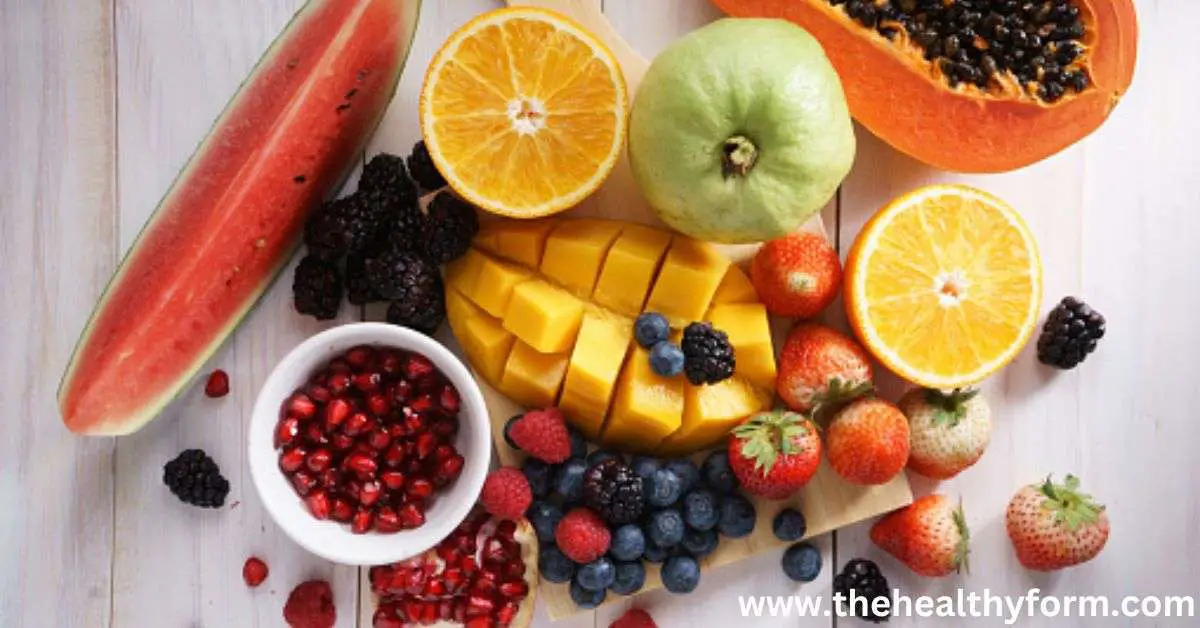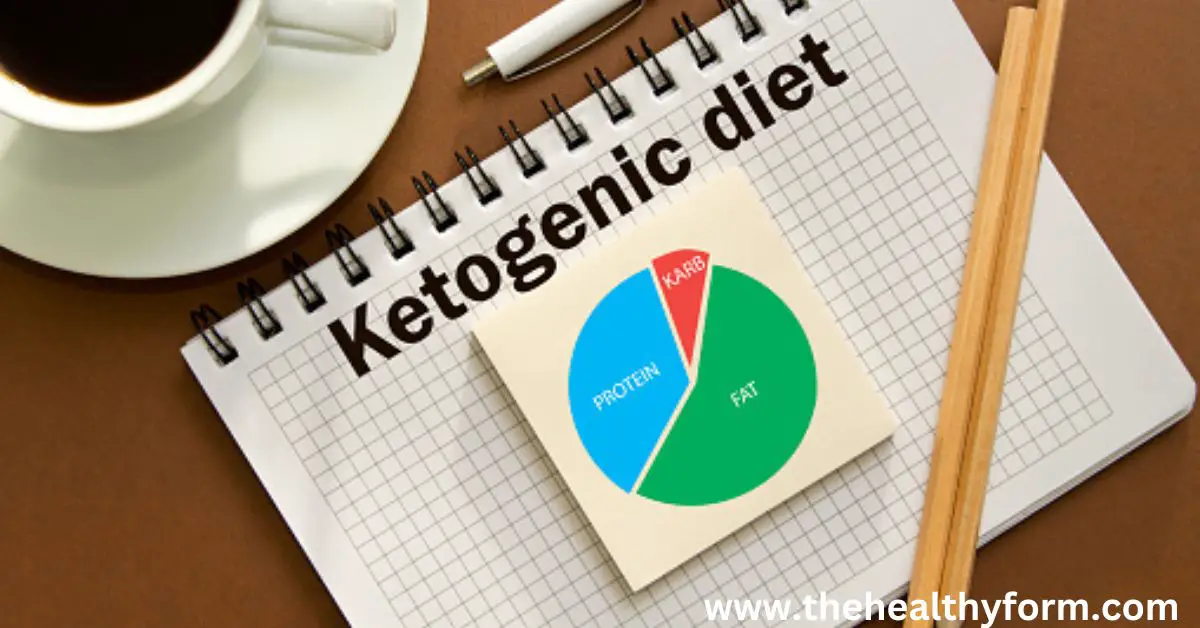Maximize Your Performance with Sports Nutrition: Tips and Benefits
Sports nutrition is a branch of nutrition science that focuses on the optimal intake of nutrients for athletes and active individuals. Sports nutrition aims to provide the body with the necessary nutrients to fuel physical activity, enhance athletic performance, and promote optimal health and well-being. Proper sports nutrition involves understanding the specific nutrient needs of the body during different stages of physical activity and consuming the right types and amounts of food and fluids to support those needs.
This includes a balanced diet that includes carbohydrates, proteins, and fats and proper hydration before, during, and after exercise. By practicing proper sports nutrition, athletes and active individuals can improve their performance, reduce the risk of injury and illness, and achieve their health and fitness goals.

What Are the Benefits of Sports Nutrition?
Sports nutrition can provide a range of benefits, including:
- Improved athletic performance: Proper nutrition can help to fuel the body and support physical activity, leading to improved athletic performance.
- Enhanced recovery: Proper nutrition can also help to support the recovery process after physical activity, helping to reduce muscle soreness and fatigue.
- Increased energy levels: A well-balanced diet that includes enough carbohydrates, proteins, and healthy fats can help to increase energy levels and support physical activity.
- Improved immune function: Proper nutrition can also support immune function, helping to reduce the risk of illness and injury.
What Are the Best Sources of Protein for Athletes?
Protein is an important nutrient for athletes, as it helps to repair and rebuild muscle tissue. Some good sources of protein for athletes include:
- Lean meats, such as chicken, turkey, and lean beef
- Fish, such as salmon and tuna
- Eggs
- Dairy products, such as milk, cheese, and yogurt
- Beans, lentils, and other plant-based proteins

What Are the Best Sources of Carbohydrates for Athletes?
Carbohydrates are an important energy source for athletes, and it is important to consume enough carbohydrates to fuel physical activity. Some good sources of carbohydrates for athletes include:
- Fruits, such as bananas, apples, and berries
- Vegetables, such as sweet potatoes, potatoes, and winter squash
- Whole grains, such as oats, quinoa, and brown rice
- Legumes, such as beans and lentils

What Are the Best Sources of Healthy Fats for Athletes?
While fat has a reputation for being unhealthy, it is important to include healthy fats in the diet as they provide a range of benefits, including:
- Providing energy: Healthy fats can provide sustained energy during physical activity.
- Supporting brain function: Healthy fats are important for brain function and can help to improve cognitive performance.
- Promoting heart health: Healthy fats can help to promote heart health and reduce the risk of heart disease.
Some good sources of healthy fats for athletes include:
- Nuts and seeds, such as almonds, walnuts, and chia seeds
- Avocado
- Olive oil
- Coconut oil
- Fatty fish
How Do I Plan a Sports Nutrition Diet?
Planning a sports nutrition diet involves considering the specific nutritional needs of the individual athlete and developing a plan to meet those needs. Some tips for planning a sports nutrition diet include:
- Determine daily caloric needs: It is important to determine the daily caloric needs of the athlete based on their age, gender, weight, height, and activity level.
- Include a balance of nutrients: A sports nutrition diet should include a balance of carbohydrates, proteins, and healthy fats to support physical activity and recovery.
- Plan meals and snacks: Planning them can help athletes get the necessary nutrients to support physical activity.
- Eat various foods: Eating various foods can help athletes get all the necessary nutrients.
How Do I Fuel myself Before, During, and After Exercise?
Proper fueling before, during, and after exercise supports physical activity and recovery. Some tips for fueling before, during, and after exercise include:
- Before exercise: It is important to fuel up to provide energy and support physical activity. This may include eating a well-balanced meal or snack with carbohydrates, proteins, and healthy fats, such as a banana with almond butter or a turkey with avocado wrap.
- During exercise: Depending on the duration and intensity of the exercise, it may be helpful to consume sports drinks or snacks that provide a quick source of carbohydrates to fuel the body.
- After exercise: Proper post-exercise nutrition can help to support recovery and rebuild muscle tissue. This may include eating a meal or snack with carbohydrates and proteins, such as a chicken and quinoa salad or a smoothie with protein powder and berries.
How Do I Determine My Daily Caloric Needs as an Athlete?
There are a few different methods for determining daily caloric needs as an athlete, including:
- The Harris-Benedict equation considers age, gender, weight, height, and activity level to estimate daily caloric needs.
- The Mifflin-St. Jeor equation: This equation also considers age, gender, weight, height, and activity level to estimate daily caloric needs.
- The American Dietetic Association’s Energy Needs Calculator: This calculator considers age, gender, weight, height, and activity level to estimate daily caloric needs.
It is important to note that these equations are estimates and may not be accurate for everyone. It may be helpful to work with a healthcare provider or registered dietitian to determine the appropriate daily caloric needs.
How Do I Hydrate Properly as an Athlete?
Proper hydration is important for athletic performance and overall health. Some tips for hydration as an athlete include:
- Drink plenty of water: Water is the best choice for hydration, and it is important to drink plenty throughout the day, especially during physical activity.
- Use sports drinks as needed: Sports drinks can be helpful for athletes participating in long or intense workouts, as they can help replenish electrolytes lost through sweat.
- Monitor urine color: Urine color can be a good indicator of hydration status. Pale yellow urine indicates proper hydration, while dark yellow urine may indicate dehydration.
Conclusion
Sports nutrition studies how to optimize nutrition to enhance athletic performance. Proper sports nutrition involves fueling the body with the right nutrients at the right times to support physical activity and promote optimal health and well-being. A sports nutrition diet should include a balance of carbohydrates, proteins, and healthy fats and should be tailored to meet the specific needs of the individual athlete. Proper fueling before, during, and after exercise supports physical activity and recovery. Proper hydration is also essential for athletic performance and overall health. By following a well-planned sports nutrition diet and fueling and hydrating properly, athletes can support their physical activity and maintain optimal health and well-being.





